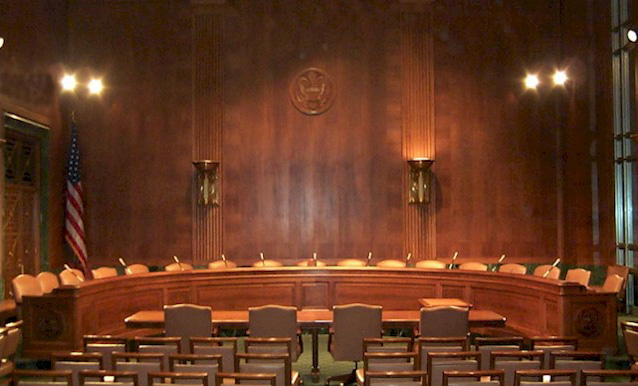Good morning. The recent events in Washington compel me to break from my usual avoidance on discussing politics in these notes to you about leading well.
But watching the hearings a week ago Thursday reminded me that our nation’s political leaders do not represent a vast pool of leadership role models that I could endorse right now – and yes, I’m including both parties when I say that.
So I believe good leaders elsewhere, like you, have a responsibility to speak up. And the message to speak is one that is difficult to find in Washington right now.
You can claim this message for yourself and for your organization. You can model it, and you can challenge the leaders under you to model it. Here is the essence of the message:
“Be kind.”
The expanded version: “In our organization, we will be kind and treat one another with respect.”
I am not endorsing “random acts of kindness.” I’m actually endorsing “consistent acts of kindness.”
And I am also not endorsing “be nice.” I once worked with executives at a Fortune 500 company where they acknowledged they had a “culture of niceness.” The implicit deficit was that it was a fake culture and people rarely spoke the truth to one another.
The other imperative that follows “be kind” is:
“Be curious.”
CEOs are increasingly coming under pressure to take a stand on culture issues. I suggest that more progress could be made by asking questions of the person who has a different position from me than by dictating to them “how it should be.” Examples: “How did you arrive at your position on this issue?” “What have been your experiences related to this issue?” Hopefully, gateway questions like these lead to more curiosity, dialogue, empathy and understanding on issues about which people feel passionately.
You may have a lot of this already in your organization, but think about the effects if everyone, especially your leaders, was kind and curious with one another. You would go a long way towards replacing the toxic environment around us with civility.
Airports and airplanes are always a “kindness” test for me because a) I am in them frequently, and b) they represent a melting pot of people who are not all like me. I have to navigate terminals and stand in line with people I don’t know, following instructions from people I don’t know. I have plenty of opportunities to think selfishly and act rudely with perfect strangers, all the while making up negative stories in my head about them. I wrote about such a test previously here.
These days, I continue to test myself with these internal directions, regardless of how different the person appears to be from me:
- Be kind. Act respectfully. Let others go first. Smile. Say “Please” and “Thank you.”
- And be curious. Engage someone in a conversation. If you hear someone express an opinion, ask them the story behind it.
And so, I challenge you: Don’t remain passive on this. If our elected leaders struggle to get it right, you be a leader who gets it right. Be proactive. Be intentional. Take five minutes to speak about this at the beginning of a staff meeting. Talk about it in your company town halls. Bring it up with your direct reports. Model it in your one on ones.
And finally, consider passing the message in this email on to others.
Lead well.
